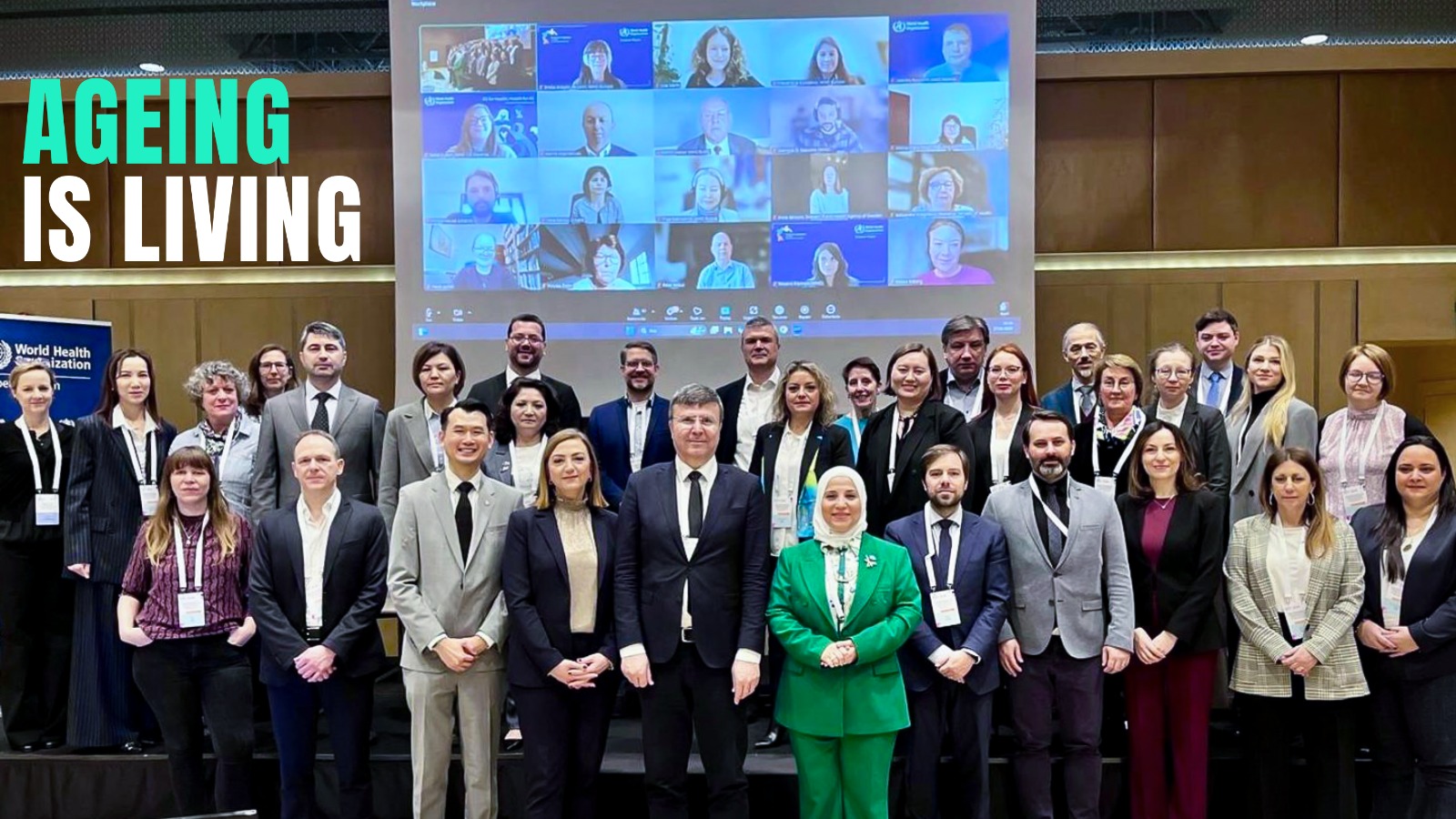House highlights
WHO/Europe has convened its first in a series of Member State consultations to gather inputs and feedback from the 53 ministries of health in the European Region on the development of a new, first-ever regional strategy on ageing. Once adopted, the new strategy titled “Ageing is living: promoting a lifetime of health and well-being (2026–2030)” will see countries build more inclusive societies and health systems for older people across the WHO European Region.

Population ageing is one of the most significant demographic shifts of our time. By 2050, the number of people aged 80 years and older in the WHO European Region will triple. Addressing this shift requires a strong focus on prevention, care transformation and environments that enable people to live and age well.
The new strategy aims to follow a twin-track approach, advancing immediate actions to improve health, care and well-being for today’s older adults, while promoting longer-term investments in enabling environments that support healthier ageing for generations to come.
“Ageing is an opportunity, not a challenge. We must rethink how societies invest in prevention and care, so that everyone can age in good health and dignity. At the same time, we also need to tackle ageism and stigma, changing our narrative and mindsets so that we can enable everyone’s full participation in society,” said Dr Natasha Azzopardi Muscat, Director of WHO/Europe’s Division of Country Health Policies and Systems, at the consultation.
Ageing and long-term care
As people age, their health-care needs increase. And as more and more people age, demand for care is also on the rise. Today, long-term care and caregiving are at a breaking point, with 80% of long-term care being provided informally by families, often at great personal and financial cost. The shortage of formal care workers means that by 2035, an estimated 4.3 million additional workers will be needed in the European Union alone.
“It’s clear that we face a complex phenomenon that needs collaboration across and within sectors,” added Dr Azzopardi Muscat. “This consultation is a first step, with WHO leveraging its convening role to bring together all key stakeholders from governments as well as experts and partners to find common solutions for a strategy that will ultimately reflect the diverse needs and realities of our Region.”
The consultation took place in hybrid mode on 17 February 2025, with some participants joining in person in Istanbul and others attending online. Partners included representatives of the United Nations Economic Commission for Europe and the United Nations Population Fund, all gathered to shape a collective vision for healthy ageing across the WHO European Region.
Through real-time engagement and artificial intelligence-driven dialogue, Member States validated the vision, strategic priorities and objectives of the strategy. The consultation strengthened consensus, provided a platform to exchange knowledge, and identified key considerations for implementation, including feasibility, capacity and resources.




